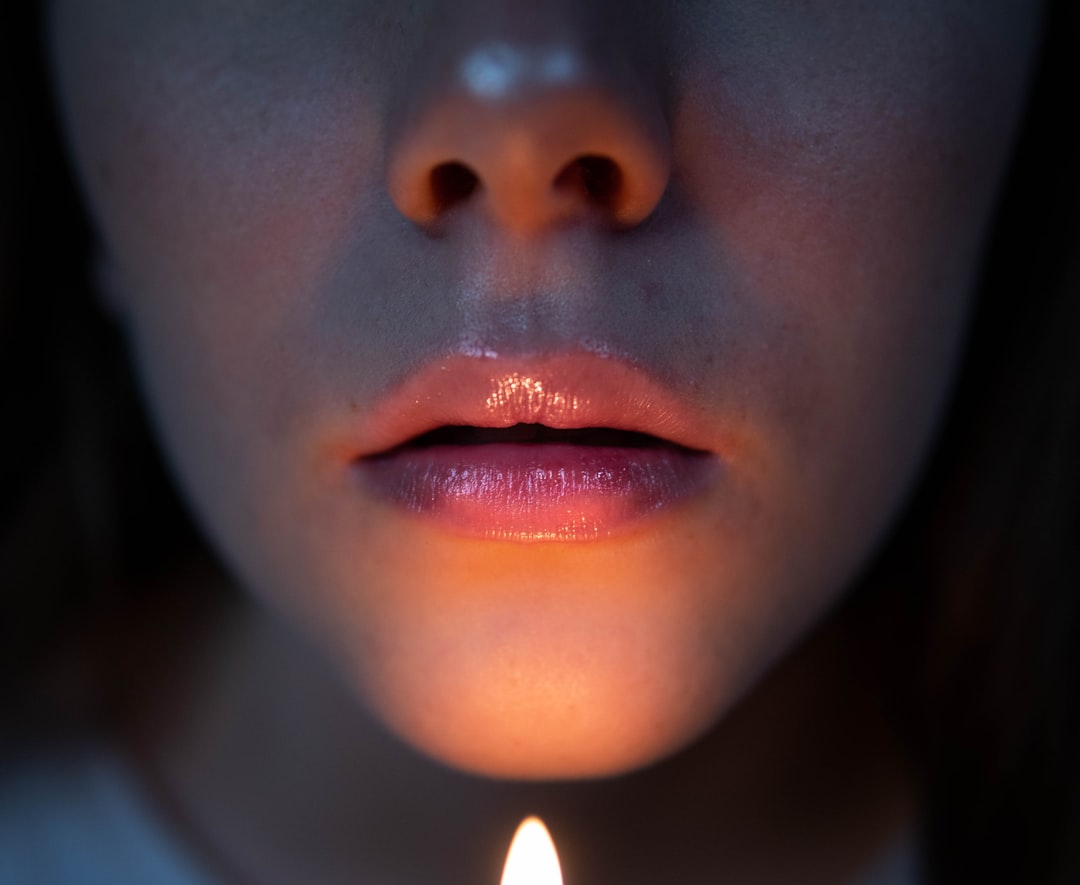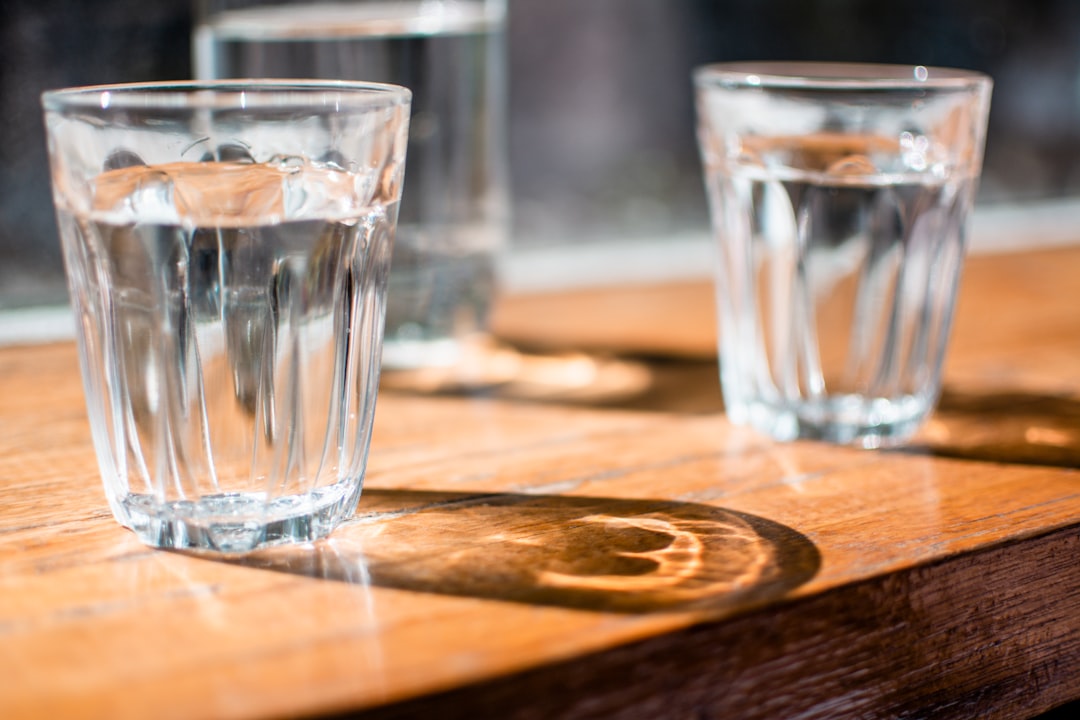
Have you noticed some cracking on your tongue after brushing your teeth? Or maybe you're constantly picking that flaking dry skin on your lips? If this sounds familiar, you may have a dry mouth situation.
A dry mouth is a pesky condition caused by reduced saliva production, which can be due to various internal and external factors. This can lead to multiple oral health problems like bad breath, gum disease, and tooth decay.
Fortunately, you can take steps to prevent and treat dry mouth. Let's explore the details further in this blog post.
What Is Dry Mouth?

A dry mouth is an oral condition characterized by decreased saliva production or proper hydration. Saliva helps to keep our mouth moist, clean, and functioning correctly, so having a dry mouth can cause plenty of annoyance and discomfort.
It's normal to experience dry mouth occasionally, but it can be a sign of an underlying health condition if it's persistent.
Dry Mouth Causes
A dry mouth is caused by several internal and external factors, including the following:
Bruxism
Bruxism is the medical term for chronic teeth grinding and jaw clenching. The repeated movement of the jaw muscles can eventually lead to a dry mouth. Several ways to treat and prevent teeth grinding include wearing a nighttime mouth guard, injecting botox, and taking relaxants.

In some cases, people grind their teeth unconsciously or while they're sleeping. If you think this is the culprit for your persistent dry mouth, wearing a medical-grade mouth guard during sleep can help reduce the friction on your teeth.
Dehydration
Dehydration is the most apparent sign of a dry mouth. Unfortunately, not a lot of people consume enough water daily. Drinking 8 to 10 glasses of water daily is generally recommended to stay hydrated and maintain proper oral hygiene.
Lack of proper hydration could affect your body's adequate saliva production, leading to a dry mouth. You can use apps or manual trackers to monitor your daily water intake to ensure that you keep your mouth and body adequately hydrated.
Smoking
Smoking is one of the most significant risk factors for dry mouth. Cigarette smoke contains toxins that can damage your salivary glands and negatively affect your body's normal saliva production, leading to a dry mouth.
If you want to prevent or treat dry mouth, quitting smoking is one of the best steps you can take. However, it's easier said than done. If you need help quitting, there are several forms of therapy and support to help you ditch this bad habit.
Underlying Condition
Various underlying medical conditions could cause dry mouth. These include diabetes, nerve damage, GERD, Temporomandibular joint (TMJ) disorders, and Sjogren's syndrome (an autoimmune disorder).
These health problems can interfere with the body's natural saliva production and cause a persistently dry mouth. If you think your dry mouth might be related to an internal condition, it's best to consult your healthcare provider for proper diagnosis and treatment.
Medications
Prescription or over-the-counter medications, such as antihistamines, decongestants, and antidepressants, can all cause a dry mouth as a side effect. If you're on any of these drugs, it's best to inform your doctor or pharmacist, so they can recommend alternatives or provide you with tips to keep your dry mouth at bay.
How Can You Prevent Dry Mouth?
Depending on the cause of your dry mouth, there are a few precautions you can take to help keep it from occurring:
- Drink 8 to 10 glasses of water daily and stay hydrated.
- Quit smoking or avoid secondhand smoke as much as possible.
- Chew sugarless gum after meals to stimulate saliva production.
- Avoid caffeine drinks like coffee and soda, as they can worsen dry mouth.
- Suck on ice chips or hard candies to relieve dryness.
- Avoid alcohol, artificial sweeteners, and chemical-based mouthwashes.

You can also use high-quality mouth guards to protect your teeth from grinding during sleep if you suspect bruxism as the cause of your dry mouth. Preventing your teeth from grinding and clenching can help keep your mouth moist.
Finally, it's best to consult with your healthcare provider for proper diagnosis and treatment if you think a health condition or medication causes your dry mouth. You can keep your mouth and gums healthy and moisturized with the right dentalstrategy.
Keeping Dry Mouth Away for Good
In most cases, dry mouth is a harmless yet bothersome condition. The best way to prevent and treat this pesky oral condition is by identifying the root cause and taking a step toward ending it for good.
At Remi, we customize affordable, medical-grade mouth guards to help protect your teeth against grinding and clenching during sleep. Our custom-fit mouth guards are made with soft, comfortable material that helps keep your mouth moist and reduce the occurrence of dry mouth.
Order your impression kit today and get your customized mouth guard in no time!














